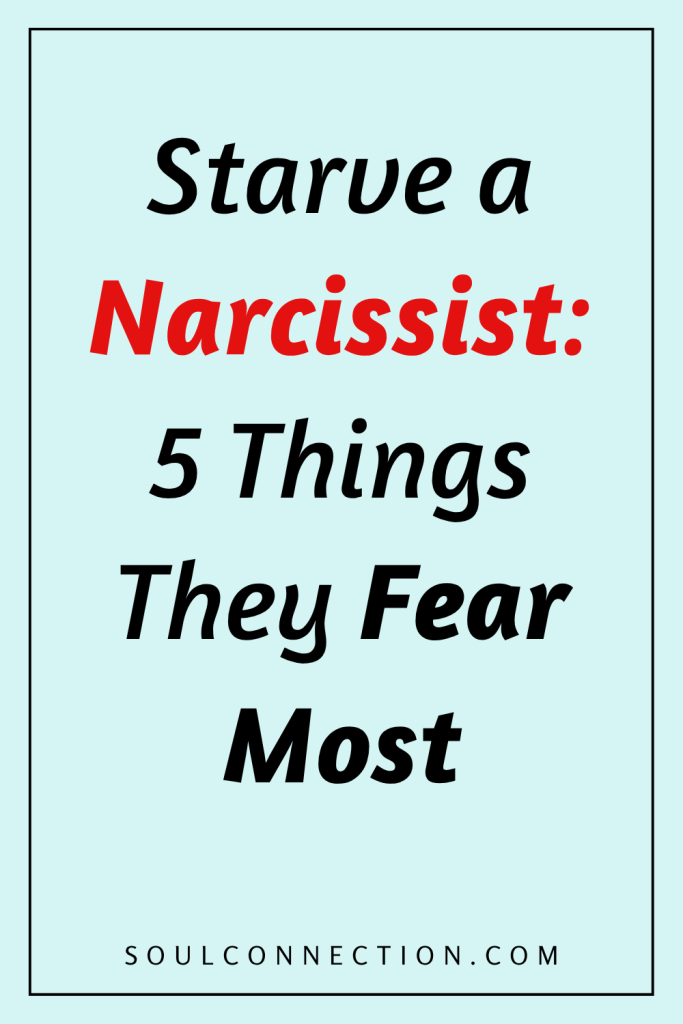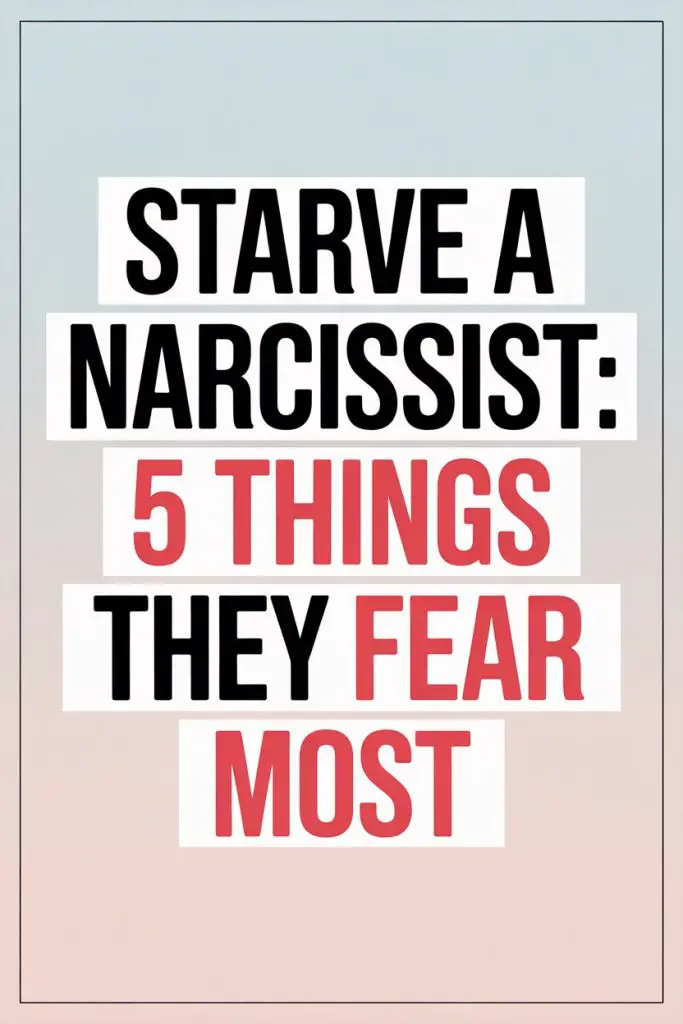Everyone knows at least one: the walking tornado of charm, drama, and baffling self-obsession.
Whether it’s a romantic partner, an in-law, or the co-worker who believes the sun shines exclusively for them, narcissists can turn daily life into a full-contact sport.
If you’re wondering what really rattles their cage, you’re not alone—and you’re definitely not powerless. Here’s what sends a narcissist scrambling for emotional cover.
1. No Attention, No Supply
Narcissists thrive on attention the way plants need sunlight. Give them nothing—nada, zip, not a single “wow, you’re amazing” or “I’m so sorry”—and you’ll see them wither quicker than a houseplant in a teenager’s bedroom.
This isn’t just pouting. Narcissists crave “narcissistic supply,” which is any attention, positive or negative, that feeds their ego.
When you stop reacting—whether that’s ignoring a guilt trip or refusing to gush over their “sacrifices”—it throws them into a tailspin.
Here’s the trick: going grey rock. Respond as flatly as possible. No emotional highs, no dramatic lows. Just “uh-huh,” “noted,” or a non-committal nod.
Think less Oscar-worthy performance, more “I’m watching a documentary on sheep shearing.” They hate it. You’ll probably see them escalate, trying to provoke a reaction.
Stay steady. The more boring and indifferent you seem, the more uncomfortable they get.
2. Accountability and Exposure
Every narcissist dreads the moment the mask slips and people see what’s underneath. Being held accountable for their actions is nightmare fuel.
This could be as simple as calmly calling out a lie or as structured as setting boundaries with consequences (“If you yell, I will leave the room”).
Narcissists count on you feeling too anxious or guilty to confront them. Don’t play along. You don’t need to launch into a TED Talk about boundaries.
A simple, “That’s not what happened,” or “I won’t discuss this if you’re going to shout,” can send them into an existential crisis.
Now, fair warning: expect pushback. Gaslighting, blame-shifting, or outright denial are par for the course. Stand your ground, and don’t get drawn into long, circular debates. You’re not auditioning for a courtroom TV show.
3. Loss of Control
If there’s one thing a narcissist cannot stomach, it’s feeling out of control. Relationships are their preferred arena for micro-management—what you wear, who you see, even how you feel.
Take that power away and you’ll see panic set in. Start with small, consistent changes: make plans without their input, don’t share every detail of your day, seek outside opinions or support.
They may lash out or suddenly become exceedingly “helpful” as a way to regain dominance. Stand firm. Your life is not their chessboard.
Bonus tip: don’t announce your new boundaries—show them. Narcissists view a stated boundary as a dare, or a puzzle to solve. Quietly living your own life is far more confusing and unsettling to them.
4. Authentic Emotion and Independence
You’d think someone who acts like they invented feelings would be comfortable with them. Not so. Narcissists fear genuine emotion—especially vulnerability in others—because it’s something they can’t control or fake well.
Tears, joy, or calm confidence that isn’t centered on them is baffling at best, threatening at worst.
Show your independent streak. Celebrate your wins that have nothing to do with them. Tap into your real feelings and share them with people who can actually reciprocate.
The narcissist may dismiss or belittle your emotional moments as silly or dramatic. Smile and keep being you. Your authenticity is your armor.
After all, nothing terrifies a narcissist more than someone who doesn’t need their approval to feel good.
5. Being Ignored and Replaced
Even the most self-assured narcissist has a lurking terror of being left behind. Once their “supply” dries up, their core fear is you’ll move on—and worse, not even miss them.
The silent treatment from you (used sparingly and not as a game) signals you’re no longer hooked.
Start focusing on new hobbies, friendships, or goals. Show—not out of spite, but out of self-respect—that your world keeps spinning without them at the center. It’s not about making them jealous; it’s about making you happy.
Expect a spike in attention-seeking behavior—grand gestures, angry texts, or crocodile tears. Don’t be fooled. This is classic “hoovering”—an attempt to suck you back into their orbit. You’re no one’s vacuum cleaner.
If you’ve managed even a few days of ignoring them, you’ve probably already seen the panic start to show. Returning to your own life is the best revenge, and the sweetest freedom.
Outplaying the Narcissist
No cape or superpower required—just a little backbone and a sense of humor.
Narcissists may seem invincible, but their fears are surprisingly ordinary: being ignored, losing control, having the truth told, and watching others blossom without them.
Starving a narcissist isn’t about punishment. It’s about reclaiming your life, your emotions, and your sense of reality. Keep your focus on what makes you feel strong and grounded.
Share your thoughts with people who listen and care. And if you catch yourself wondering how to “get back” at a narcissist, remember: nothing unsettles them quite like a life that no longer revolves around their drama.
You’ve got this. And if you ever need a laugh, just picture them squirming when you don’t answer that 17th text.


